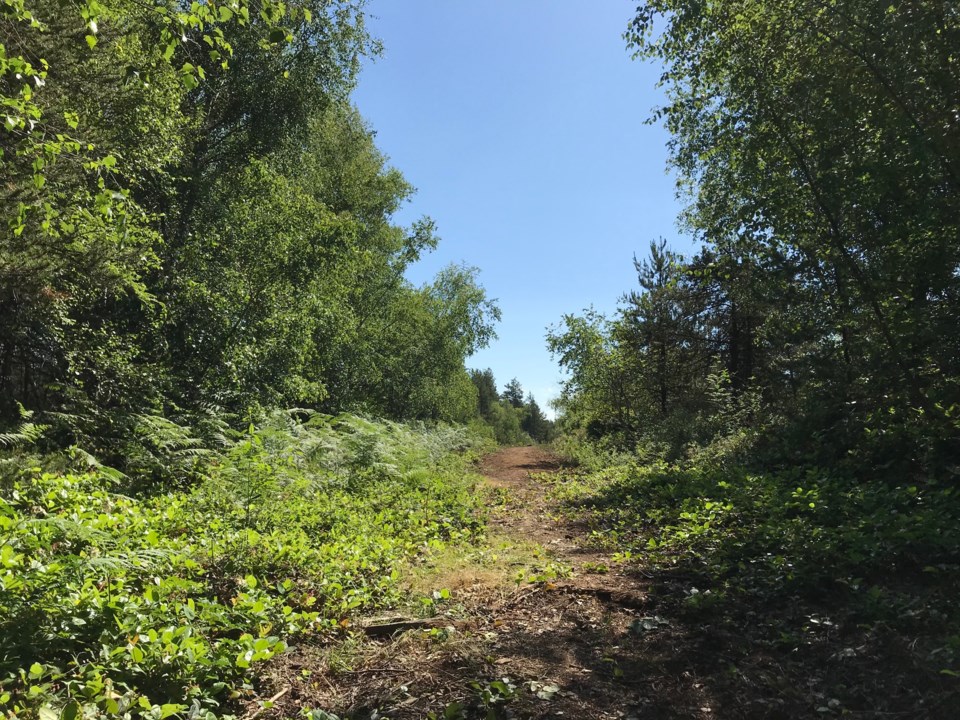It’s a deal that’s been in the works for years, but this week the City of Delta and Metro Vancouver finally made it official.
The city announced it has expanded the land area of the Burns Bog Ecological Conservancy Area by adding five additional land parcels, comprising more than 321 hectares (793 acres).
The inclusion and protection of the additional lands is the successful result of many years of effort and collaboration between several key players, led by the city and regional district, with input and cooperation from the federal and provincial governments, a news release states.
The newly added lands will be jointly owned by Delta and Metro and will be maintained and operated the same way as the rest of the properties under protection in the conservancy area.
Metro has operational control of the conversancy area but Delta plays a key role in maintaining and enhancing the wetland through improvements to its hydrology.
Included into the conservancy area is the Delta Nature Reserve, which had been under the sole jurisdiction of Delta.
It’s the only publicly accessible portion of the bog and will continue to provide educational opportunities.
“The addition of these lands to the Burns Bog Ecological Conservancy Area is another positive step towards Delta’s commitment to restore and preserve Burns Bog for future generations. The bog plays an integral role in our ecosystem and environment and is treasured by residents of not only our community, but the entire region,” said Mayor George Harvie.
“Greenspaces are central to our region’s character – they protect sensitive ecosystems from development pressure and gives us places to connect with nature, de-stress and breathe fresh air. Our long-time partnership with the City of Delta to expand and protect Burns Bog truly helps us to protect the natural beauty of our region through the Regional Parks Land Acquisition Strategy for the benefit of current and future generations,” said John McEwen, Chair of Metro’s Regional Parks Committee.
Metro Chair Sav Dhaliwal said the regional district and Delta are collaborating on extensive restoration efforts to significantly enhance the bog’s ecological service, a key part of efforts to maintain Metro’s corporate carbon neutral status and make the region more resilient to climate change.
In 2004, four partners - federal, provincial, regional and municipal governments - jointly purchased 2,042 hectares (5,045 acres) of Burns Bog to be protected as an ecological conservancy area
In 2012, Burns Bog received Ramsar designation.
The international recognition, created from the Convention on Wetlands held in Ramsar, Iran, in 1971, is an intergovernmental treaty meant to embody the commitment of member countries to maintain the ecological character of their Wetlands of International Importance.



